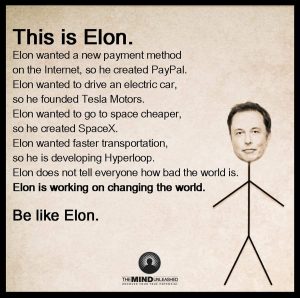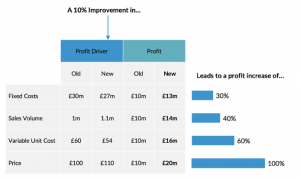With all the reports of poor employee engagement worldwide and articles such as the infamous New York Times exposé bringing Amazon’s brutal corporate culture to light, it’s easy to forget how far work has come. Henry Ford was the first to reduce the grueling 10-16 hour factory days down to eight hours, which is now coming into further question as some say we should cut back to six or even four hours per day for maximum productivity. Shows like Silicon Valley are even starting to parody how far companies like Google and Facebook go to cater to their employees. While there are still improvements to be made in many areas, especially parental leave and diversity, we have come a long way in many areas.
The Office is Becoming a Home Away from Home
An office full of suits is an increasingly rare sight in today’s business world. Jeans and t-shirts are becoming the new khakis and button downs. (Which means no more weekly dry cleaning bill!) Many offices feature lounge areas with comfy couches and chairs. Kitchens are stocked with snacks, sodas, and even beer. More companies are offering video games, foosball or ping pong tables, or nap rooms so employees can unwind.
Corporate Speak is Dying
While the concept of synergy may still be a business goal, anyone who says it non-ironically may hear some snickers (especially if there are any 30 Rock fans in the room). Corporate speak, while still present, is falling out of favor as companies have begun to talk to both their customers and employees in plain English. Authenticity has been embraced as a tenet of good company culture, which includes speaking like a human being and not a corporate robot.
Outdated Processes Are Being Abandoned
Companies are heavily questioning the validity of many traditional business practices. The annual review has come under particular scrutiny in recent years and is widely considered ineffective in evaluating the day-today performance of most employees. Hiring and recruiting practices are also beginning to evolve, with some even beginning to wonder whether a college degree truly has the value that it traditionally brought to a resume. And of course, many corporate leaders are struggling to embrace diversity in the workplace, although there is still a long way to go on that front.
Flexibility Has Been Embraced
Improving technology as well as the globalization of work has rendered the need to report to a central location unnecessary for many workers. Netflix is just one company leading the flexibility charge with its “unlimited vacation days” model. Other companies offer opportunities to work from home and use flex time. Countless business articles point out the merits of allowing employees to work when and where it makes the most sense for them rather than forcing them to punch clocks and put in “face time” unless the job demands it (such as retail or nursing).
Employees Are the Bosses
The knowledge economy has made it more important than ever for companies to engage their employees in order to increase innovation and productivity. The best bosses are thought of as coaches and mentors rather than the dictatorial managers of the industrial economy. Restrictive corporate policies are now seen as stifling, and companies are doing more than ever to make work-life balance (or integration) easier. Employees are treated more as partners as companies are opening up two-way feedback mechanisms. Even Samsung recently announced that it will be trying to replicate a startup environment in order to encourage more open communication and innovation.
Of course, not all workplaces have embraced the trends above, and many cannot realistically adopt these practices due to their business or operating models. But the companies that do their best to evolve with the demands of today’s workers will attract and retain the best talent.
Business & Finance Articles on Business 2 Community(13)





